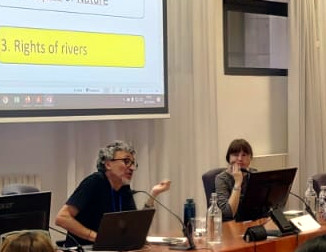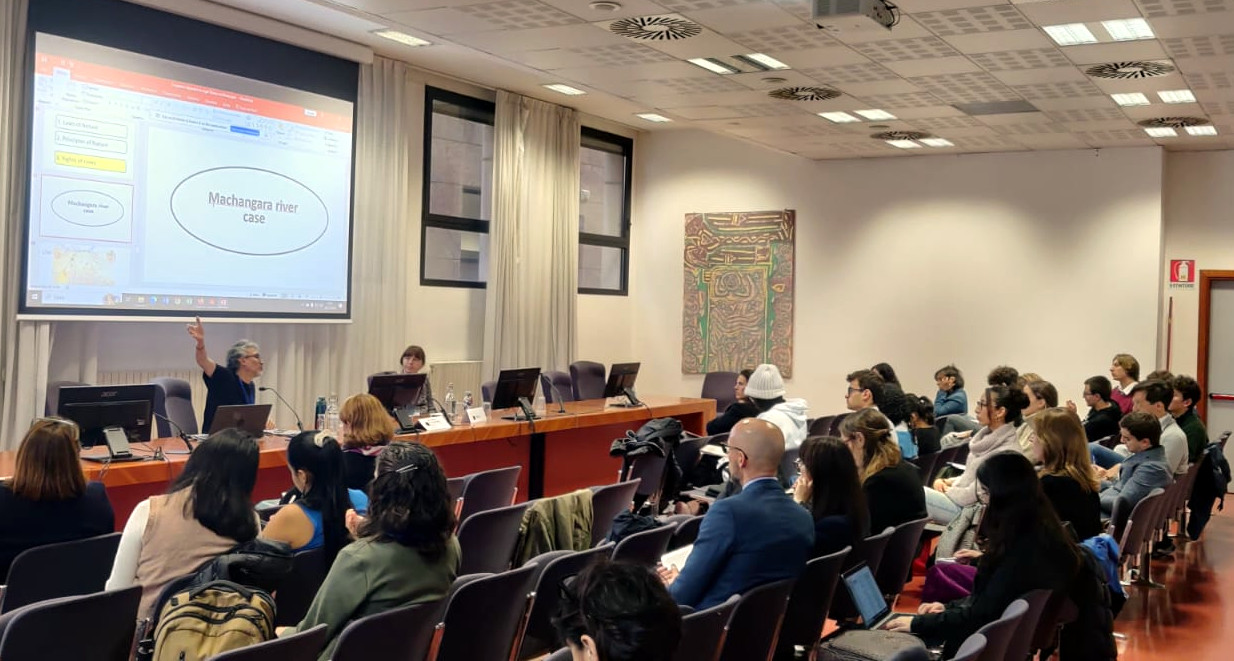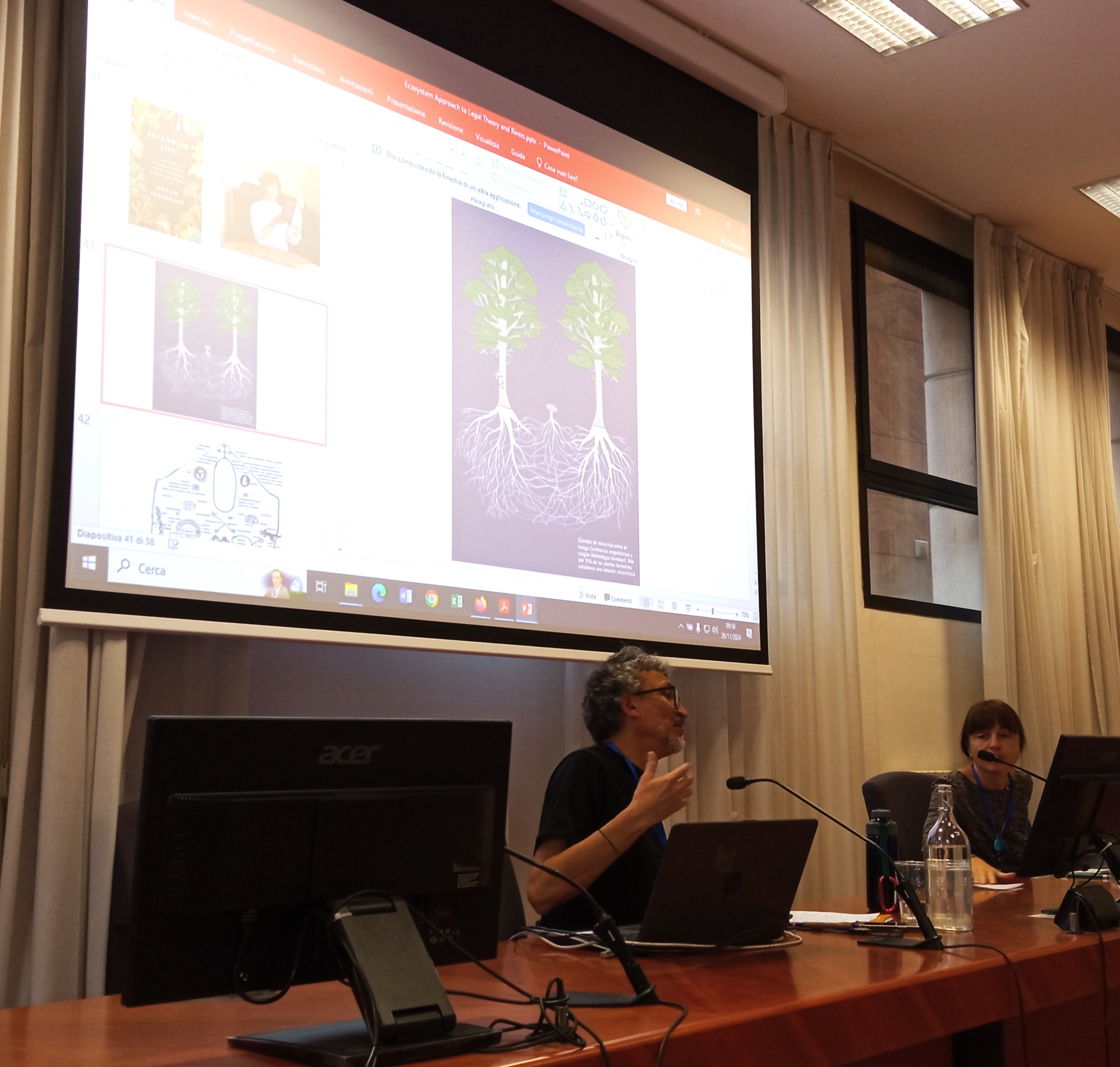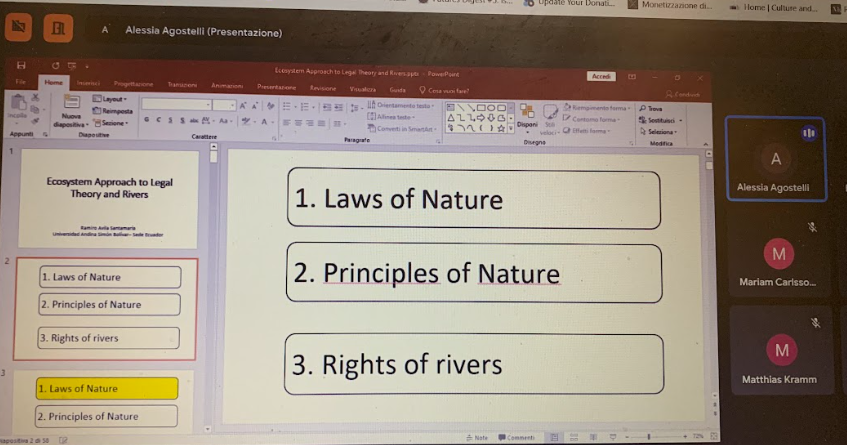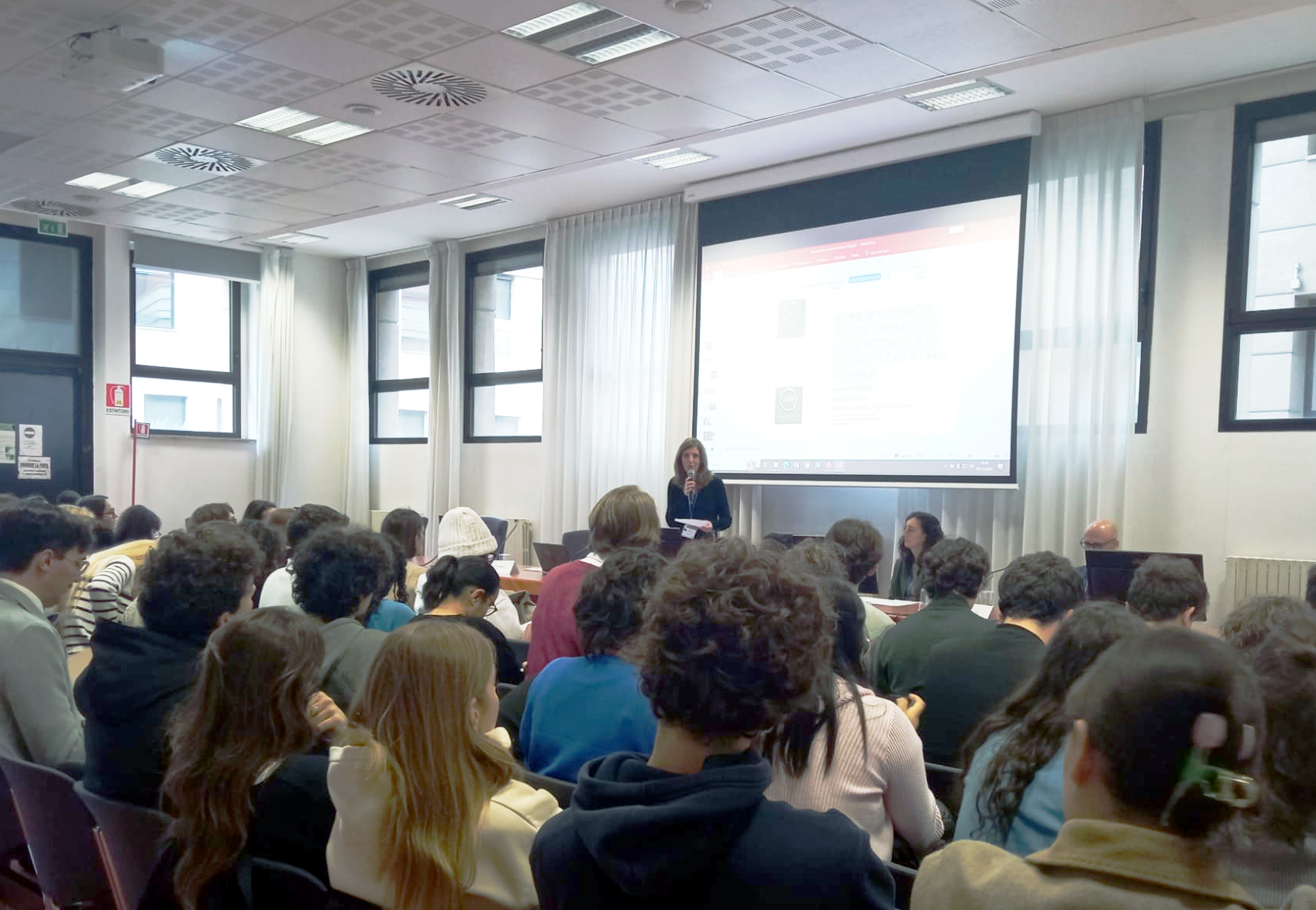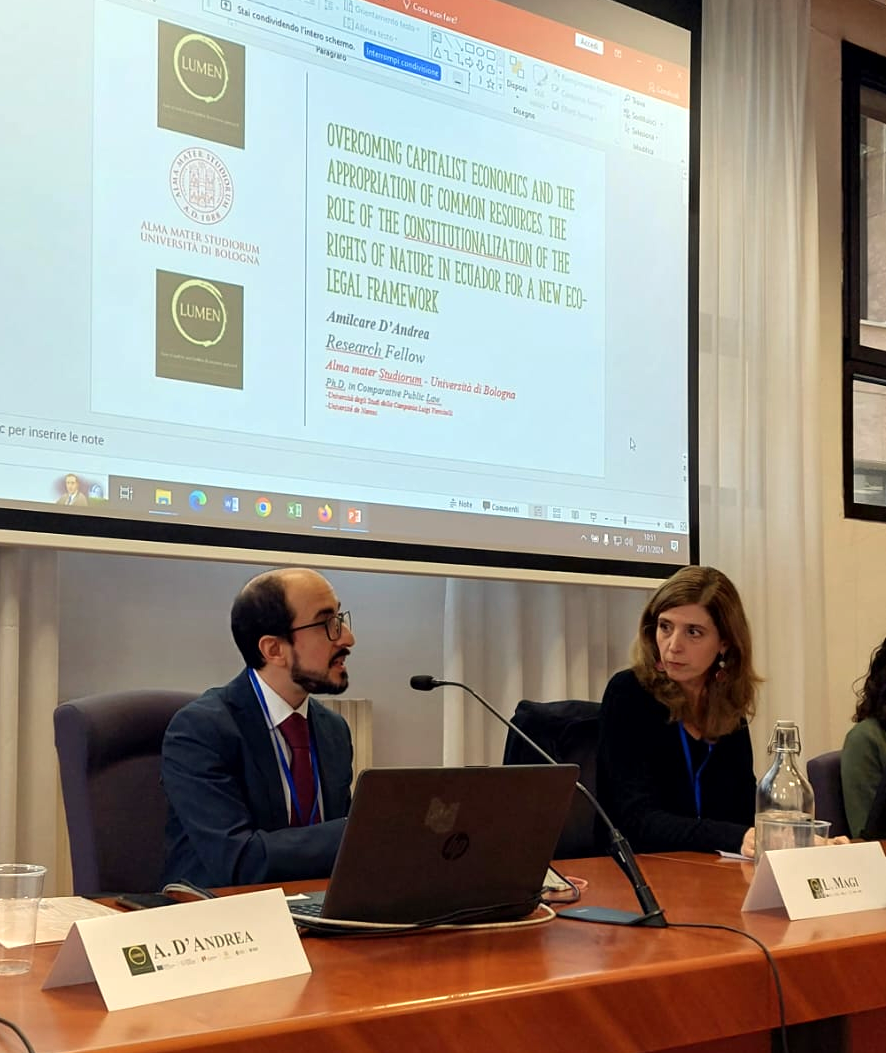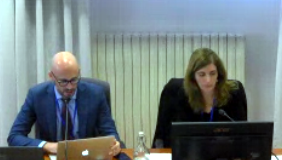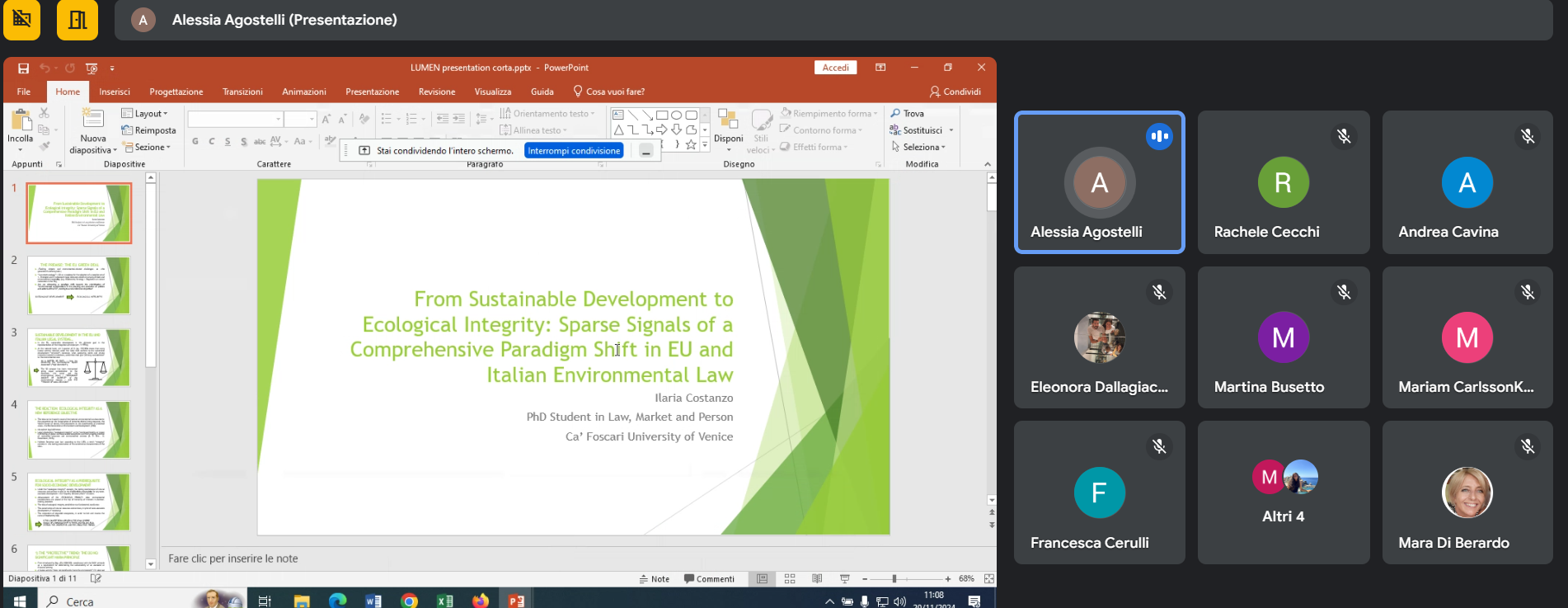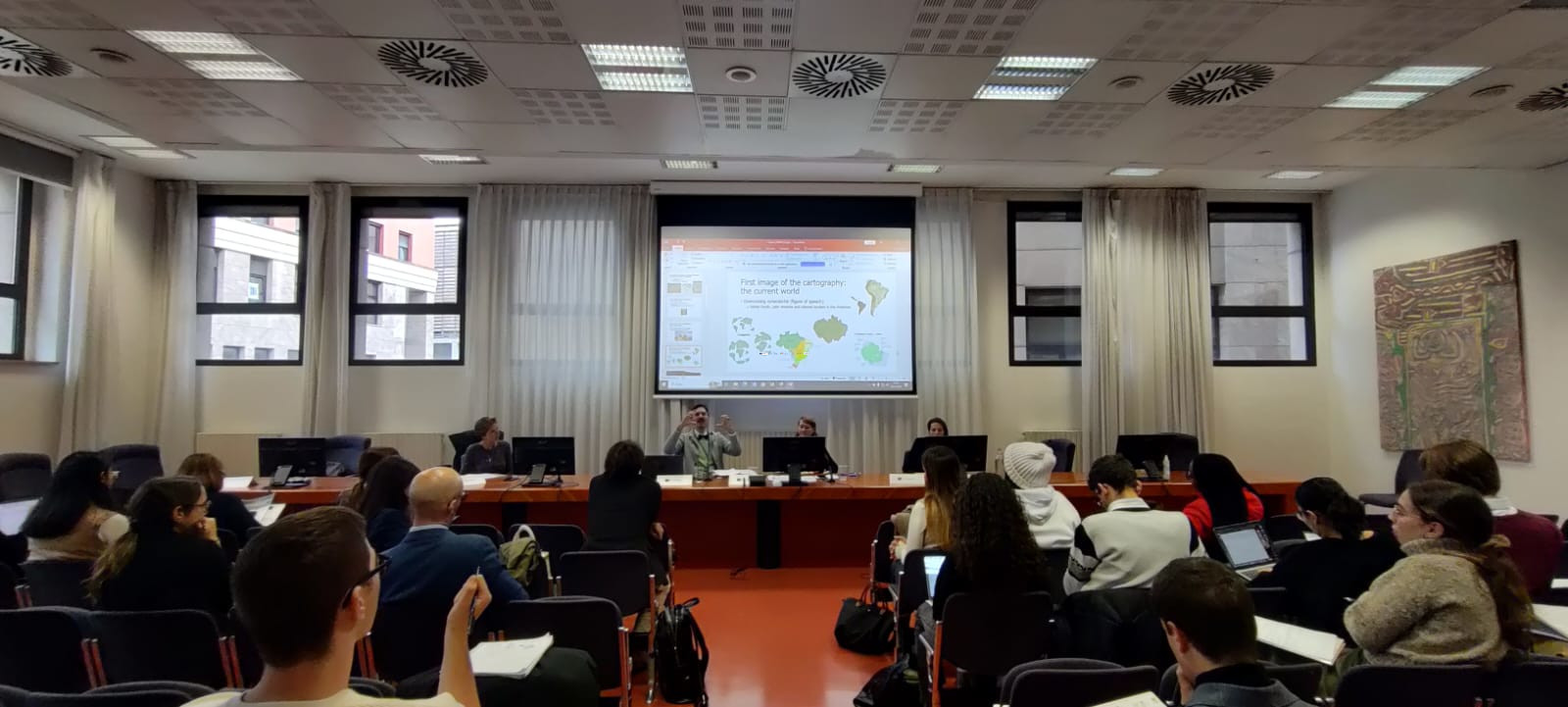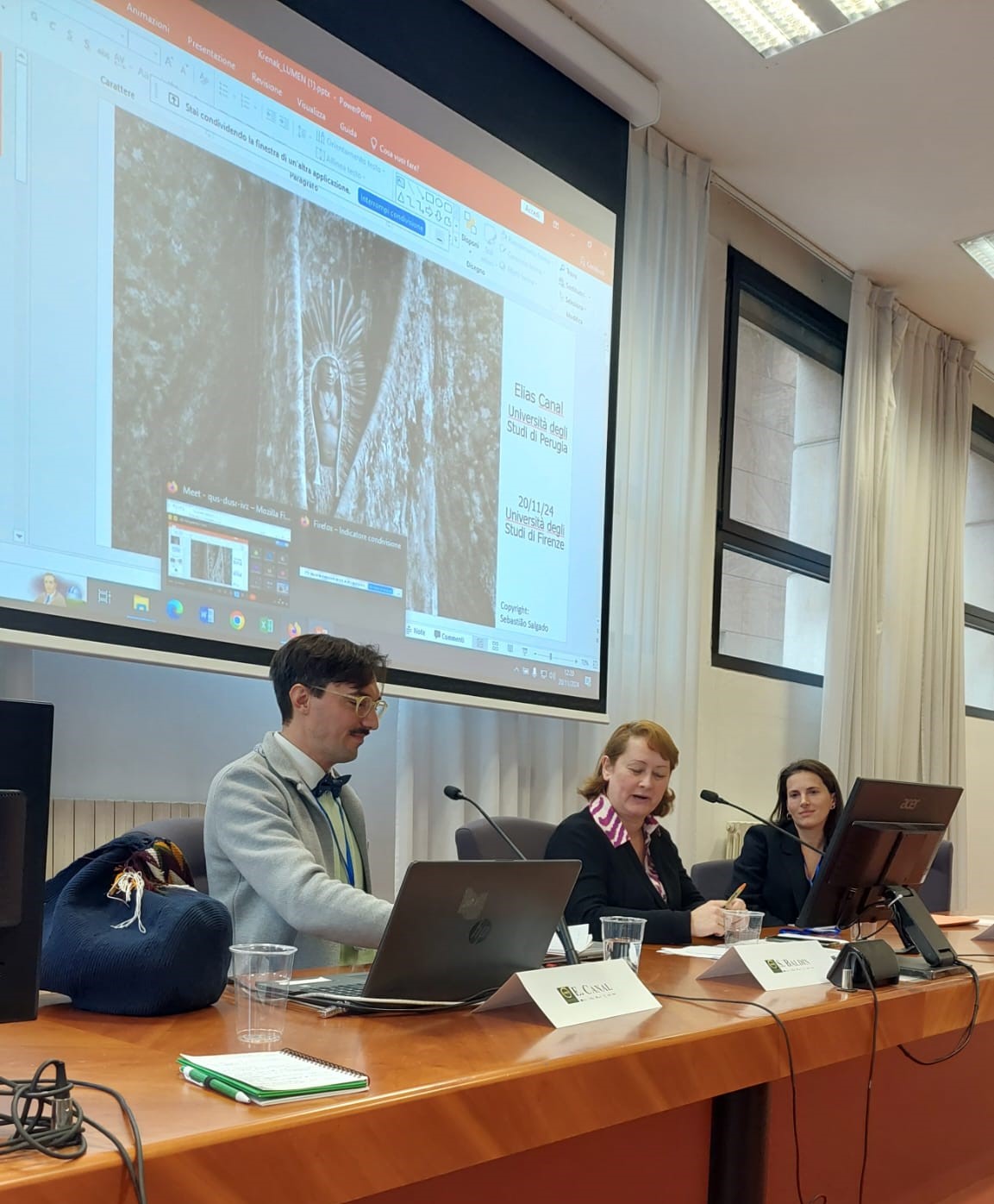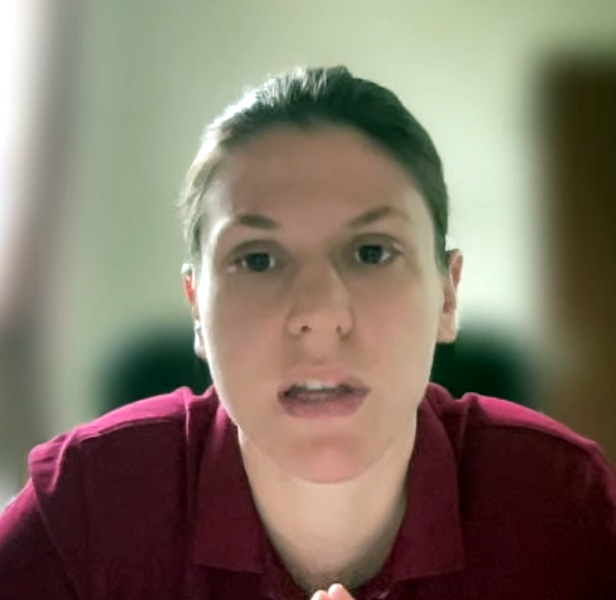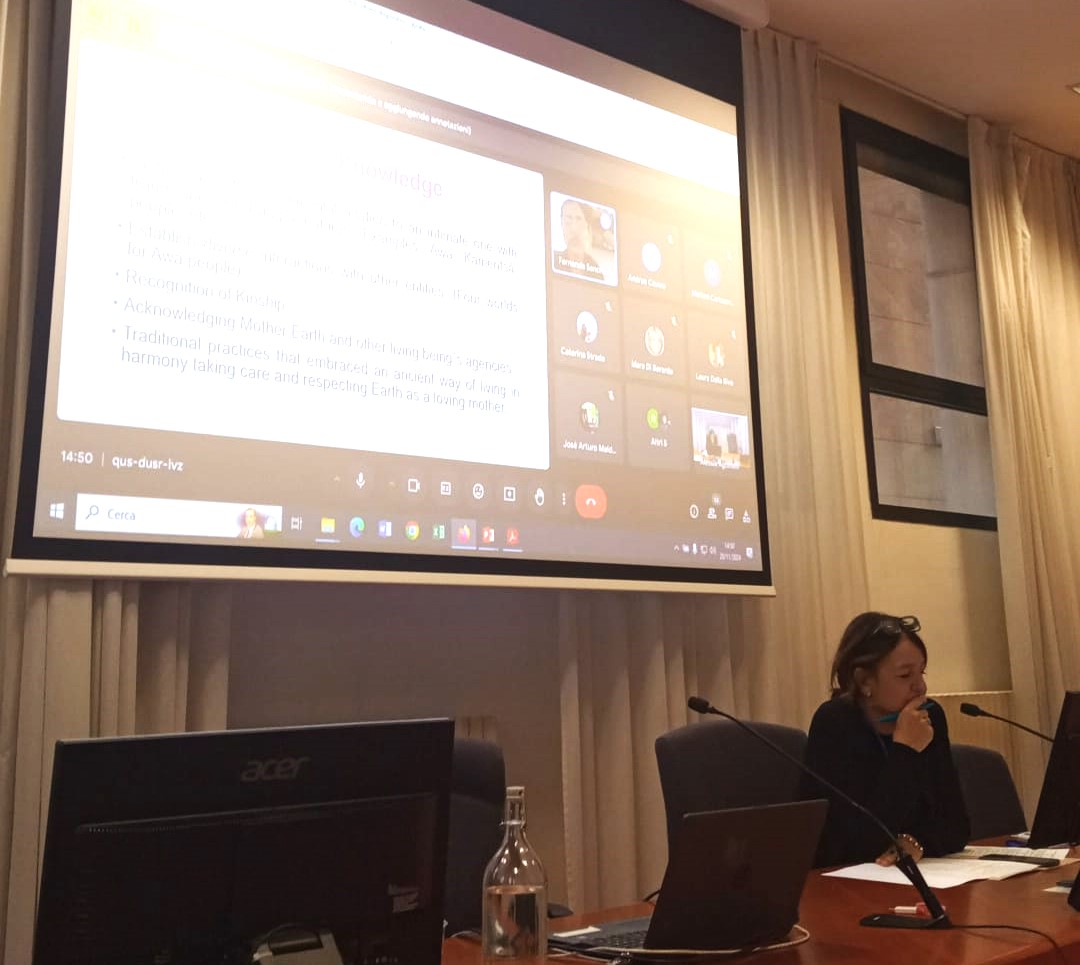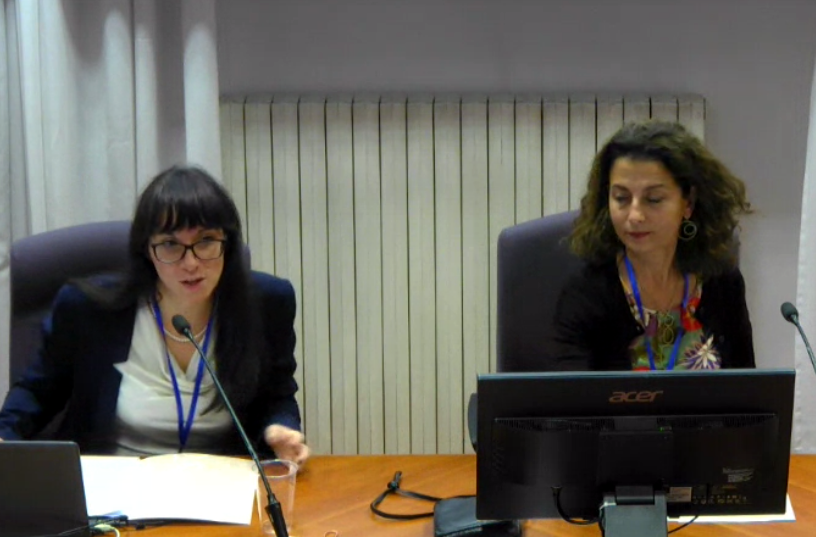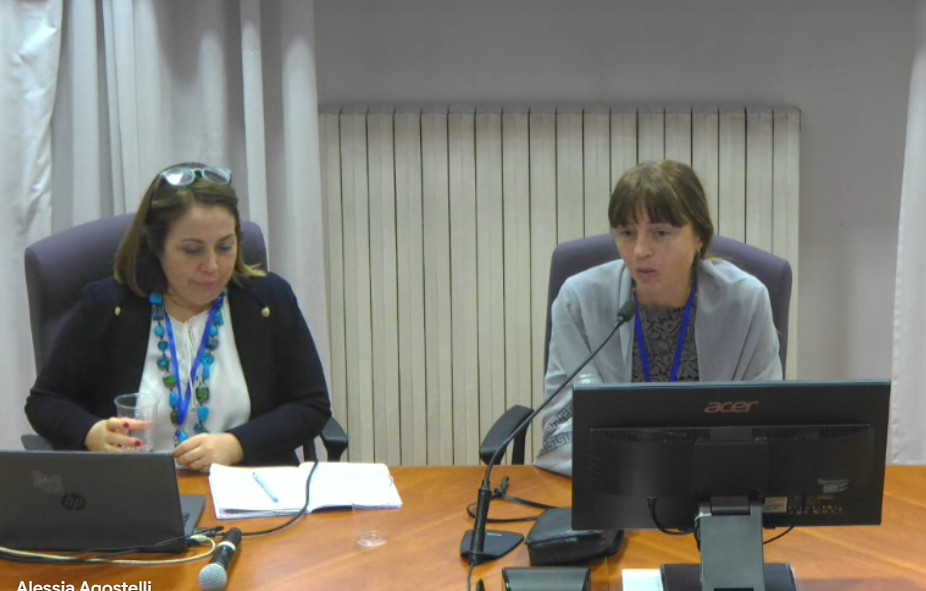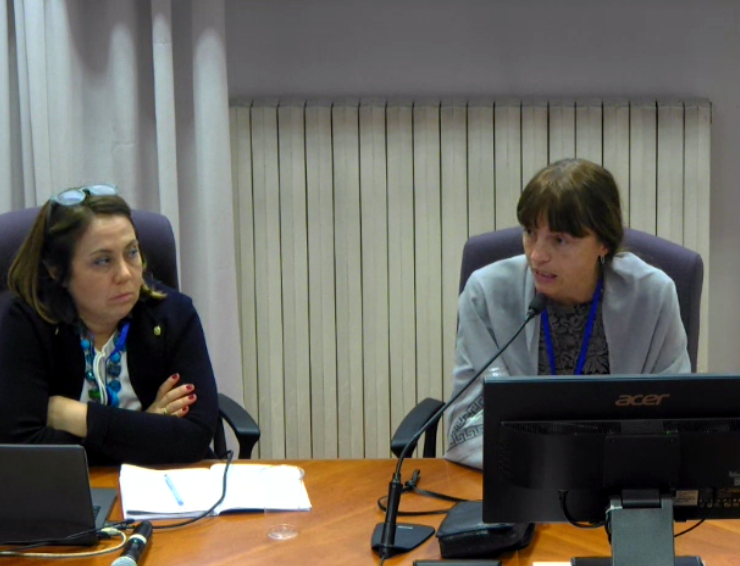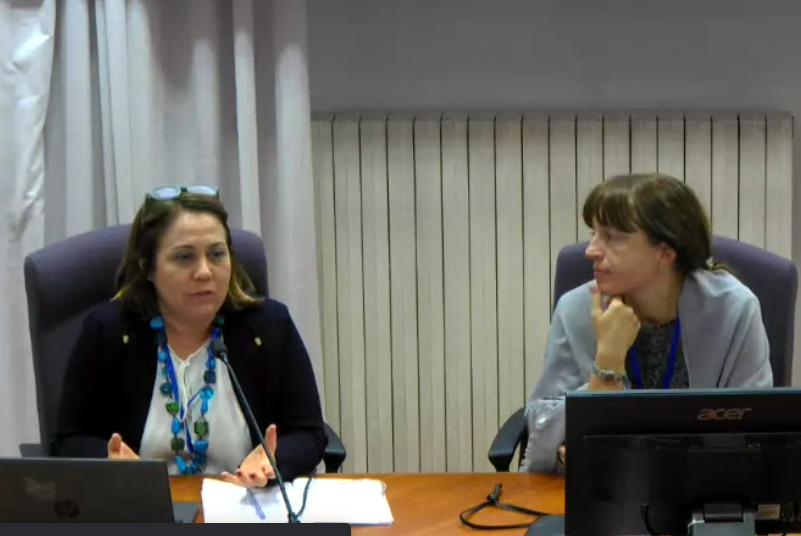LUMEN Insights and Future Directions
Short report of the LUMEN hybrid conference in Florence, November 19-20, 2024
Published on 21 November 2024 | Reports
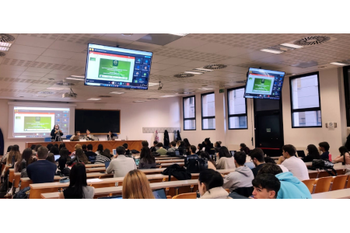
The first LUMEN Hybrid Conference took place on November 19-20, 2024, both in person at the University of Florence and online, has come to a close after two stimulating days filled with global perspectives on law, nature, and ecosystems.
The discussions, centered around the theme "Law of Nature and Human Ecosystem Approach: Modelling a Transcultural Ecolegal Framework," highlighted the urgent need for a shift towards more holistic approaches in addressing environmental crises. Speakers from around the world contributed to a rich dialogue on how legal systems can evolve to support sustainable, eco-legal frameworks.
In total, the event welcomed 171 participants, including both in-person and online attendees. There were 129 participants in person, along with 3 guests, 3 LUMEN Project Investigators (PIs), 15 speakers, 3 additional chairs, and 33 online participants
The first day provided an engaging start to the LUMEN conference, filled with insightful discussions on ecological law and biodiversity conservation. The afternoon session on November 19, 2024, chaired by Veronica Federico, PI for UNIFI, guided us through a highly impactful first day with our initial guests.
Silvia Bagni, LUMEN project coordinator for UNIBO, presented the Research and the Theoretical Framework of our project, offering valuable insights into its conceptual and methodological foundations. Michele Carducci from the University of Salento captivated the audience with "The Ecological Analysis of Law," exploring how ecological analysis reshapes the understanding of law in the context of environmental challenges. Federica Costantini from the University of Bologna shared her expertise in "Biodiversity Conservation to Enforce Nature’s Contribution to People," emphasizing the vital link between biodiversity and societal well-being. The day was filled with engaging ideas and discussions that set the stage for the rest of the conference.
On November 20, 2024, after a brief introduction on the LUMEN Project by Silvia Bagni, our guest of the day, Ramiro Avila Santamaría from Universidad Andina Simón Bolívar, Ecuador, and former Justice of the Constitutional Court of Ecuador, delivered an insightful talk on "The Rivers of the Cities Have Rights: The Case of the Machángara River in Quito." He introduced us to the fascinating concepts of the laws of nature and its principles, and explored the crucial idea of river rights by presenting the compelling case study of the Machángara River in Quito. This study illustrated how legal frameworks can protect natural resources and their role in sustaining ecosystems.
The following activities of the conference consisted of thematic sessions aligned with the call for proposals issued earlier in the year. The first panel session, titled "The Ecosystem Approach as a Paradigm Shift," was chaired by Laura Magi, member of UNIFI Lumen team.
During the session, Amilcare D'Andrea presented on Ecuador's constitutionalization of nature's rights, advocating for a new eco-legal framework aimed at challenging capitalist economic structures. Costanzo discussed the gradual yet noticeable shift in European Union and Italian environmental law, transitioning from the concept of sustainable development to one focused on ecological integrity. Gallarati emphasized the necessity of adopting a holistic approach to environmental human rights, arguing that ecosystemic rights must be integrated into these legal frameworks. Lastly, Carlsson Kanyama raised the question of whether treating restoration as a more-than-human right could be a key factor in helping to repair Lake Vättern.
In the second panel session, chaired by Serena Baldin, PI for UNITS, which concluded the morning, we explored “The ecosystem approach through bottom-up experiences and the rights of non-human animals.”
Canal introduced the concept of forestizenship as a means of shaping a plurinational state, advocating for the recognition of nature’s rights within legal frameworks. Cecchi examined collective property from a "non-occidentalist west" perspective, questioning Western-centric legal and environmental models. Silvia Zanini discussed the importance of including non-human animals in legal systems, arguing for their recognition as integral to legal frameworks. Finally, Anna Berti Suman highlighted the critical role of carbon transformation agents in challenging the fossil fuel industry from grassroots movements.
The third Panel Session, titled "The Ecosystem Approach: Challenges to Environmental Law," kicked off the afternoon of Day 2 at the LUMEN Hybrid Conference, chaired by Anna Pettini, member of UNIFI Lumen team.
Sánchez Jaramillo explored the intersection of ancestral knowledge and Earth law, underscoring the importance of intercultural legal practices as a basis for establishing the rights of Mother Earth. Dalla Riva delved into the concept of ecologization in environmental protection within Brazilian federalism, specifically focusing on legal formants. Noguera Santander offered a transcultural and interjurisdictional perspective on the rights of nature, featuring a case study on the Katsa-su territory, while Maldonado Andreu examined the colonial barriers to adopting an ecosystem approach within Puerto Rico's environmental laws.
The final Panel Session IV, "The Ecosystem Approach and the Courts," closed Day 2 of the LUMEN Hybrid Conference, chaired by Maria Stella Rognoni, member of UNIFI Lumen team.
Cordero-Heredia and Ortiz Pachar discussed the role of genetic data in protecting nature within the legal framework, particularly highlighting the case of sea cucumbers in the Galapagos Islands. Giannaccari explored a non-individualistic view of human nature and sustainable development, offering valuable insights from perspectives in the Global South. Pedrolli reflected on the social impact of the Los Cedros ruling, delving into the transformative influence of the rights of nature in the broader social context.
During the final remarks following the last session, Silvia Bagni and Veronica Federico emphasized the importance of including diverse continents and cultures in the upcoming phases of the LUMEN project, and the necessity of taking an increasingly interdisciplinary approach to the subject.
They stressed the critical need to continue developing eco-legal frameworks that will bring about meaningful change for the planet, highlighting that such progress should be gradual but persistent. They also underscored the importance of involving multiple stakeholders in the field and raising awareness among the public at large regarding the urgency of these environmental issues.
LUMEN, standing for "Law of Nature and Human Ecosystem Approach: Modelling a Transcultural Ecolegal Framework," has demonstrated the essential role of fostering cross-cultural understanding and cooperation in addressing the pressing environmental challenges of our time.
The LUMEN Hybrid Conference provided two days of rich discussions and presentations. We were privileged to hear from speakers worldwide, each offering unique perspectives on the intersection of law, nature, and ecosystems.
We thank all who participated and look forward to continuing this dialogue!
LUMEN Conference - First Day
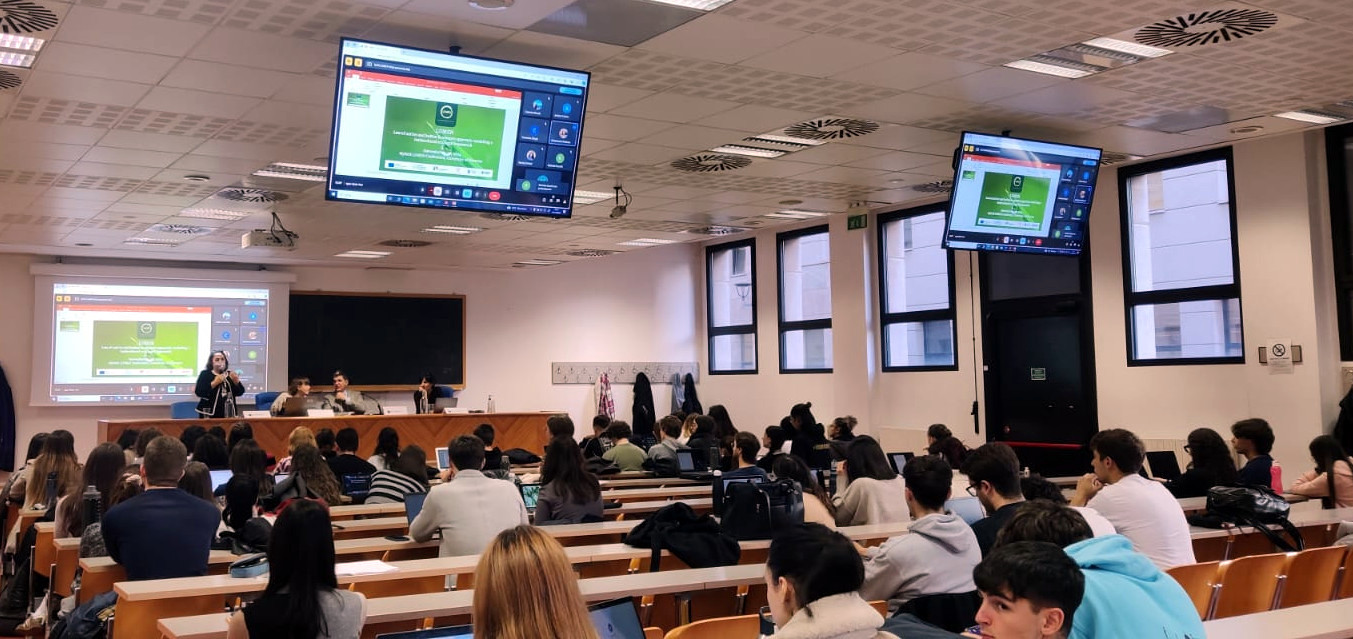
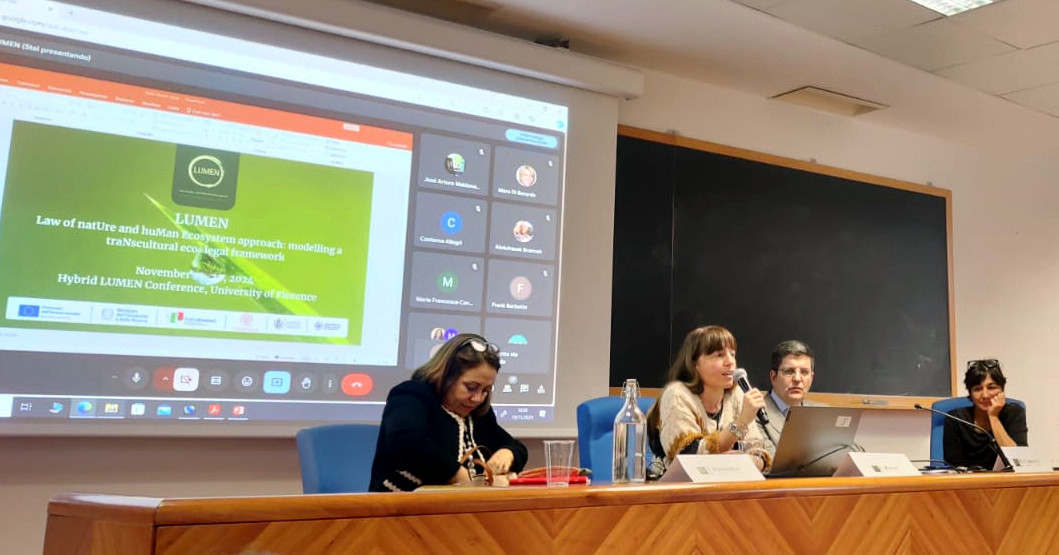
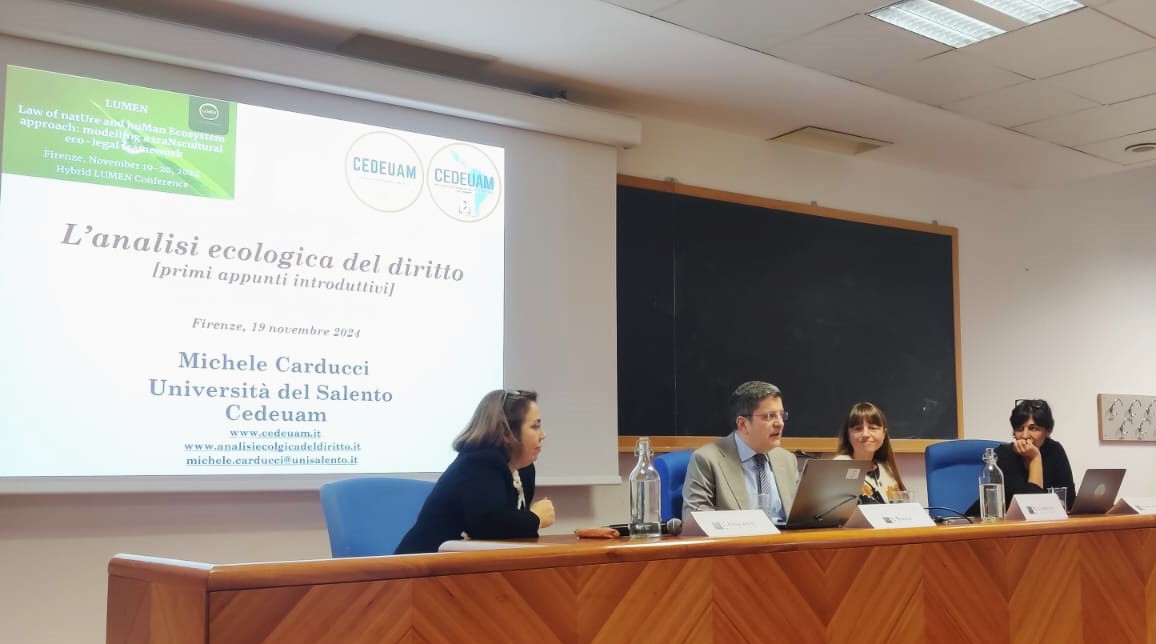
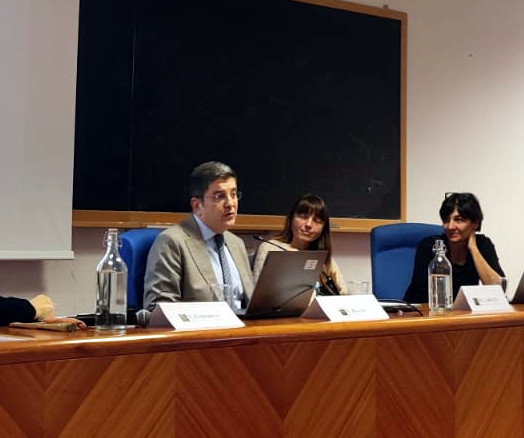
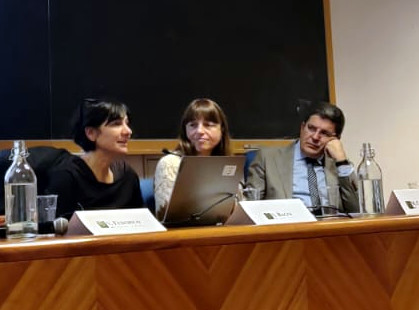
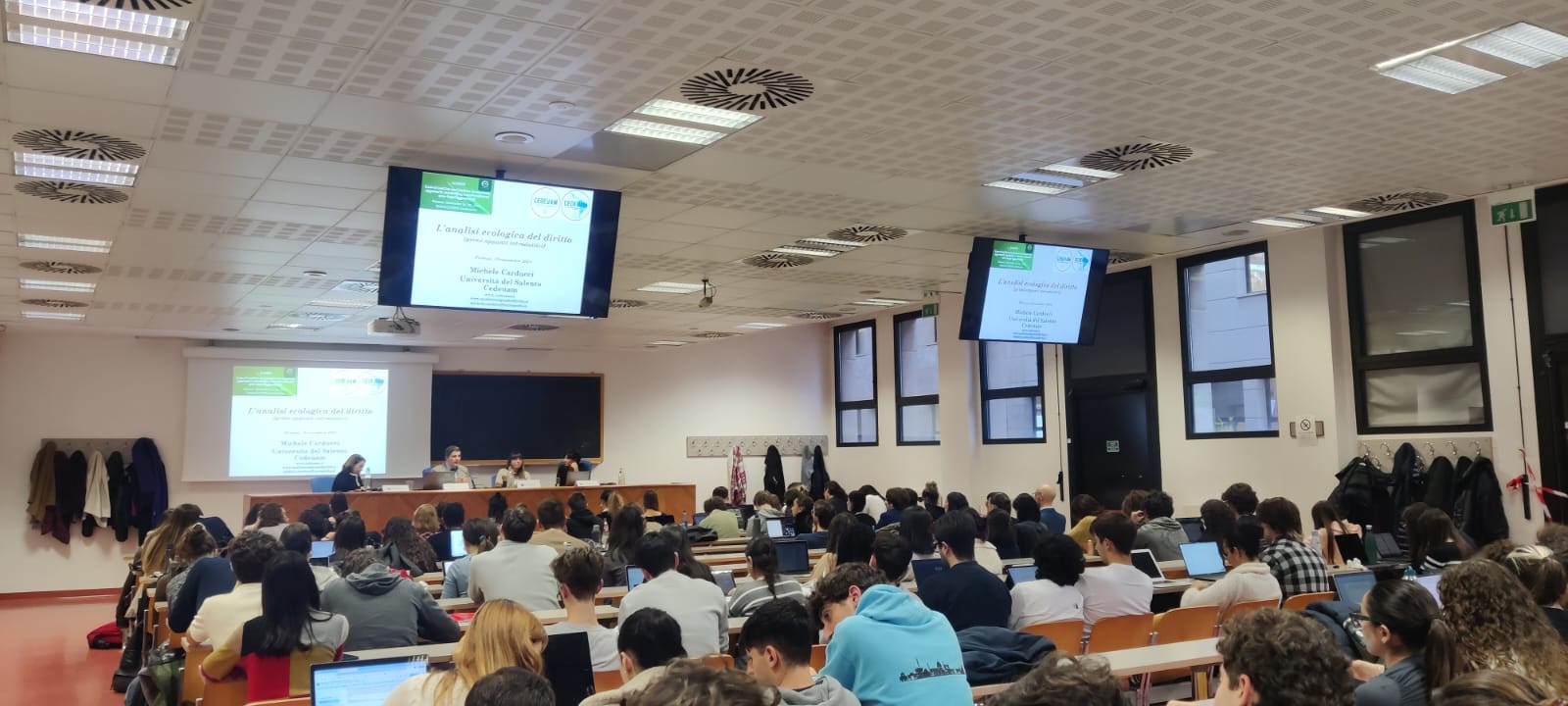
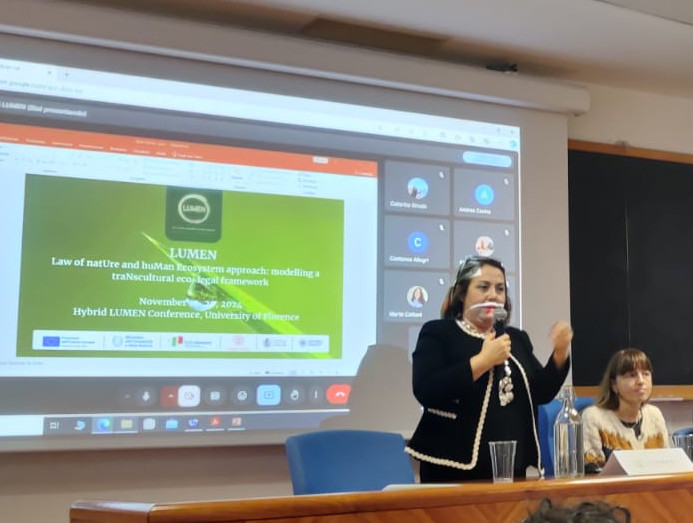
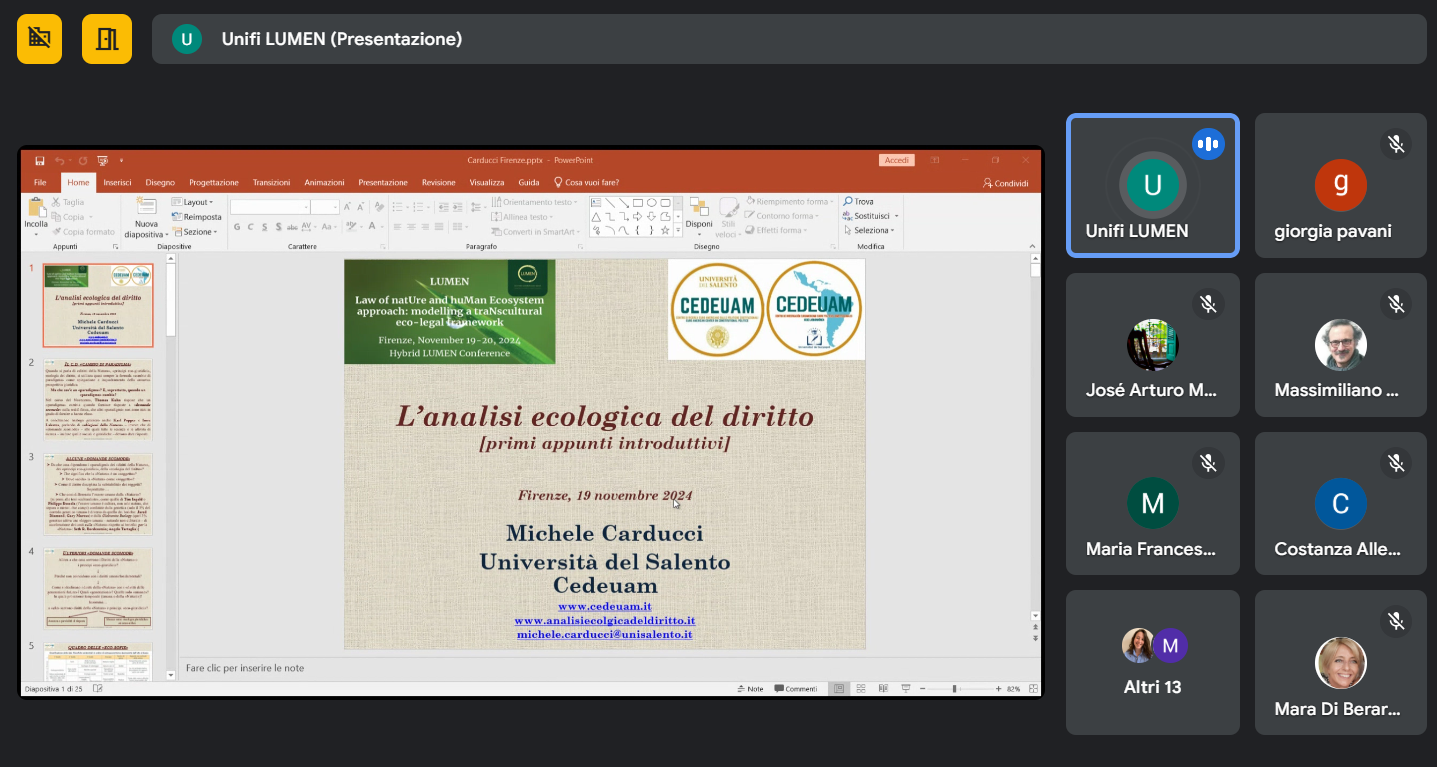
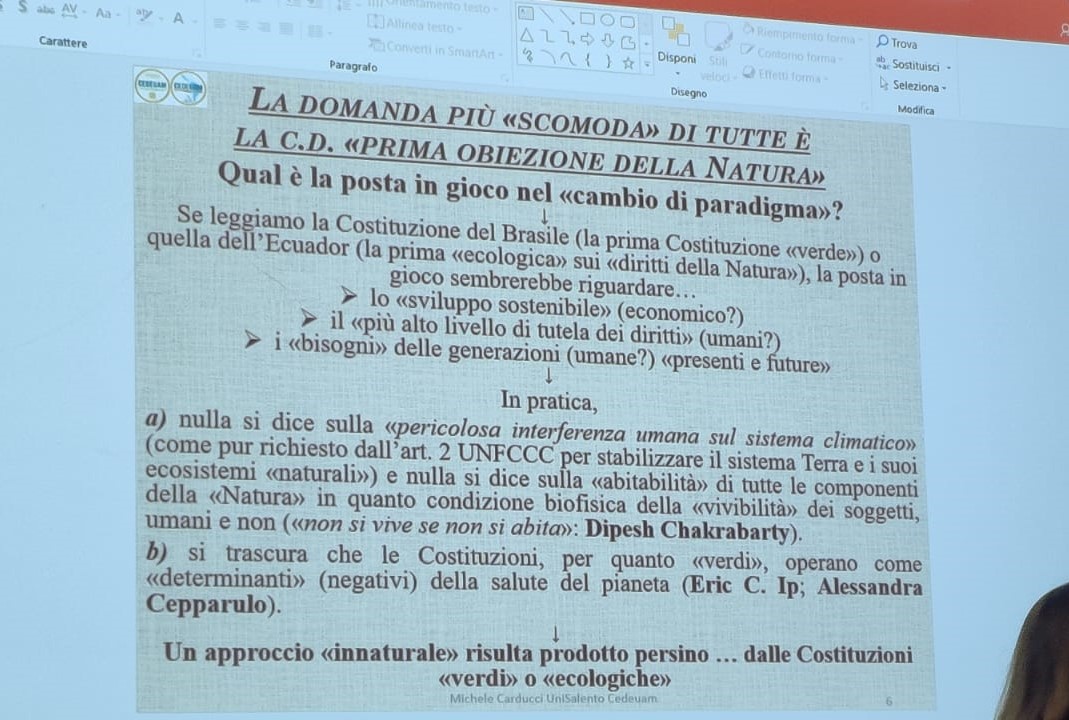
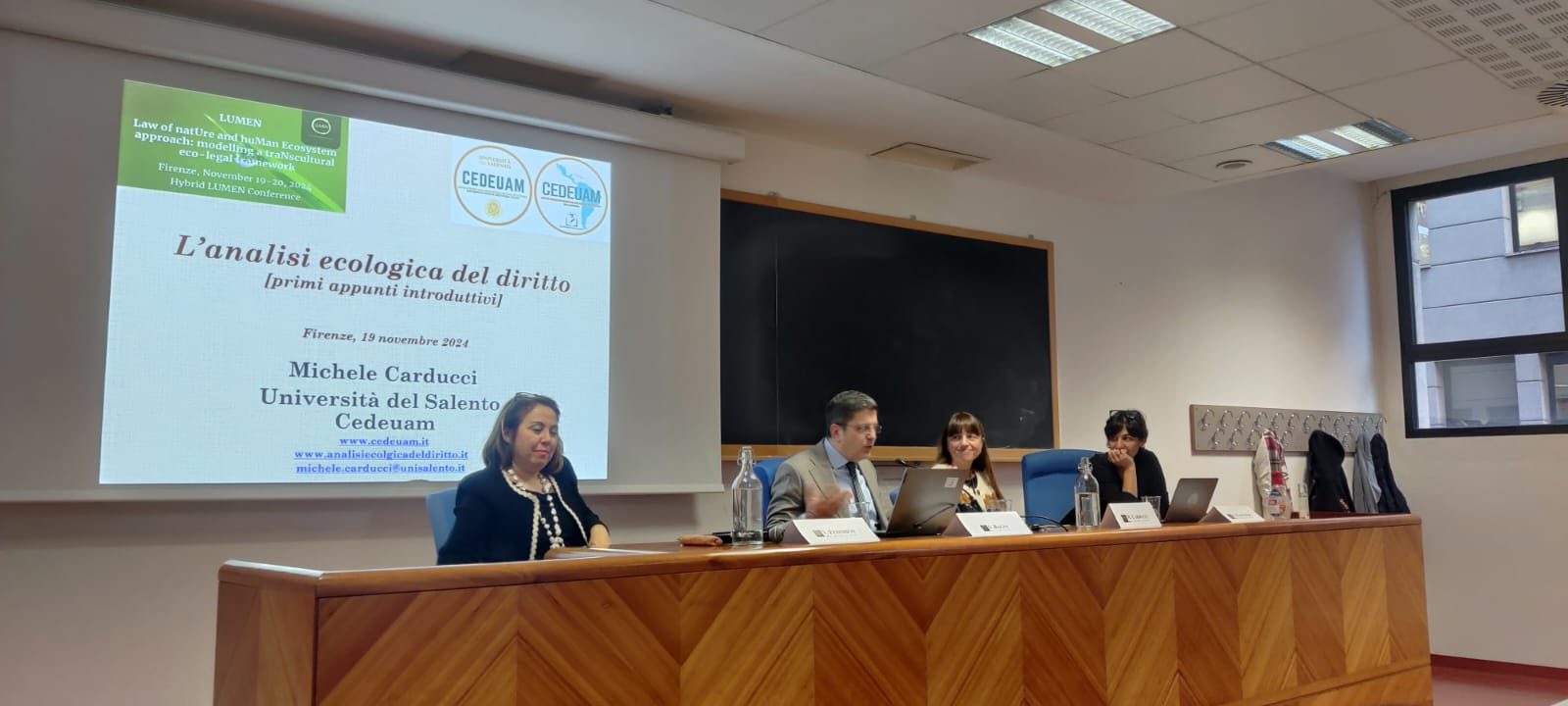
LUMEN Conference - Second Day
